If you watched our video and you’re ready for more information – watch our webinar.
As we go through life, we often focus on building our careers, raising our families, and planning for retirement. However, there’s one crucial aspect of life planning that many of us tend to put off: creating a will. No matter your age, if you don’t have a will, this message is for you.
Why your will matters
A well-crafted estate plan, including a will and possibly a trust, is more than just a legal document—it’s a love letter to your family. It’s a way to ensure that your wishes are respected and that your loved ones are cared for after you’re gone.
Many people postpone this important task because they don’t want to contemplate their mortality or fear hurting someone’s feelings. However, the reality is quite the opposite. By leaving clear instructions, you’re allowing your family to grieve without the added stress of guessing what you would have wanted, or worse, fighting over your estate.
The dangers of dying intestate
Dying without a will, known as dying “intestate,” can lead to unforeseen consequences for your loved ones and your estate.
-
- Your assets may not go where you want: In Colorado, for example, if you die without a will, your estate will be distributed according to state law. This might not align with your wishes. Let’s break this down further:
- If you’re married with no children, your entire estate might not automatically go to your spouse. If you have surviving parents, they may be entitled to a portion of your estate.If you have children from a previous relationship, your current spouse and these children may split the estate, potentially causing friction.
- Relatives of “half-blood” (like half-siblings) inherit the same share they would if they were of “whole blood.” This might not align with your relationships or wishes.
- Your assets may not go where you want: In Colorado, for example, if you die without a will, your estate will be distributed according to state law. This might not align with your wishes. Let’s break this down further:
-
- Family disputes: Without clear instructions, disagreements can arise among family members, potentially causing irreparable harm to relationships. We have seen lengthy and expensive battles between family members, not to mention strained or broken family ties. It is heartbreaking to see what can happen to families in these cases. Also, dying intestate can delay the distribution of assets when your loved ones might need them the most.
- Complicated probate process: Intestate estates often face a more complex and lengthy probate process, which can be costly and time-consuming for your family. The court may appoint administrators who might not be who you would have chosen. Your loved ones may also be confronted with higher legal and administration fees than an estate probate where there is a will. Also, your estate might be subject to a public disclosure of your assets, which you likely would not want.
This can be prevented by creating an estate plan and having a will. Now, to the question of how wills and trusts fit together.
Understanding trusts
A trust is a legal arrangement where assets are held by one party (the trustee) for the benefit of another (the beneficiary). Unlike a will, a trust can help avoid probate and offer more control over how and when your assets are distributed. A trust can keep your financial matters private because trusts don’t go through public probate. You can also create different kinds of trusts: revocable and irrevocable trusts, which serve different purposes. You can include a range of assets in a trust, such as:
-
- Real estate (primary residence, vacation homes, investment properties)
- Investment accounts
- Business interests
- Valuable personal property (art collections, jewelry, antiques)
- Life insurance policies (by changing the beneficiary to the trust)
However, not everyone should have a trust as part of their will.
When a trust isn’t suitable
Creating a trust as part of your estate planning isn’t always the best course of action. For example, if your main goal is to avoid probate, there may be other ways you can do this, such as designating beneficiaries on your assets. Equally, if your estate is very simple, you probably don’t need a trust. Furthermore, it is important to use a trust actively. They are only useful if you actually transfer assets into them and make it work for you and your family. If you’re someone who wants to take a “create it and leave it” approach to your estate planning, a trust might not be for you.
Combining wills and trusts
If you want to use a trust, don’t forget about your will. Having both a will and a trust creates a comprehensive estate plan that covers all bases. Your will can ensure that any assets not already in your trust are transferred to it upon your death. Without putting this in your will, you are in danger of forgetting to put specific items into your trust, and without a will, those assets have to go through the intestate probate process. Also, in the instance of children, your will can name guardians for minor children, while your trust manages their inheritance.
Take the next step
If all of this has given you food for thought, don’t leave your legacy to chance. We recently held a webinar discuss all of this. Watch the recording on YouTube.
